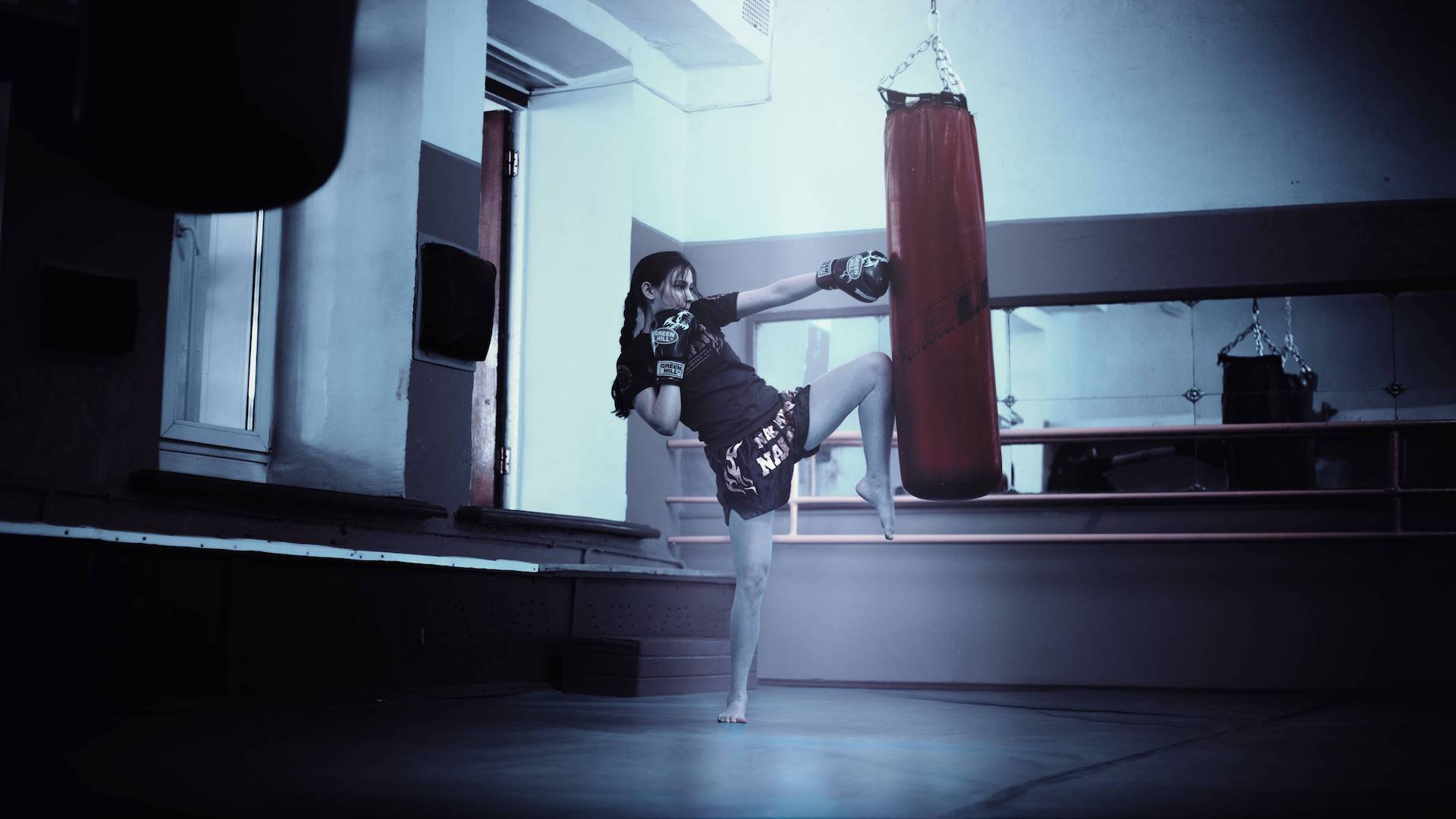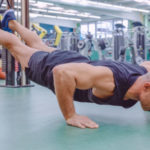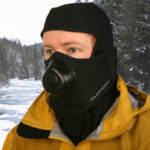Do you feel out of sync with your gym buddies and exercises partners? We all march to a different body rhythm, which is why your friend(s) can get out of bed at 5:00 a.m. and hop on that bike for a 50-mile early morning ride or race the to gym to get in his or her workout. However, you cannot bear the thought of lacing up your running shoes until hours later.
The reason this happens is due to a complex network of body clocks termed the circadian rhythms. They are responsible for controlling many physiological functions in the body; from sleeping patterns to hormone fluctuations. These are your time keepers. With the main body clock located in the hypothalamus region of the brain, it communicates with the series of peripheral clocks that keep time in other places such as the major organs of the body, i.e., heart, liver, and skeletal muscles.
Many experts believe these ‘time clocks’ have a major influence on your workout. As an example, just before you wake up, your body temperature is the lowest, as well as your heart rate. Consequently, this is an optimal time to work on your endurance exercises of any kind. The reason is that cooler body temperatures generally subdue the body’s physiologic responses. I’ve seen this work quite well with many of my clients and pro athletes. If you want to test it; perform your workout in the morning and keep track of your heart rate then, on a different day, do the exact same workout while also keeping track of your heart rate. You will discover that usually, your heart rate will not spike as high during the morning workout compared to the afternoon workout.
Advertisement: CytoCharge (click on photo for more info)

During this early morning workout, you will also find that you will tend to exercise at a faster pace than later in the day. This may be physiological since the body tends to strive not to overheat as much.
By comparison, high intensity workouts such as that spinning class or strenuous bodybuilding workout are better later in the day because both your muscle strength and body temperature are at their peak. As you likely suspect, a higher body temperature helps muscles work more efficiently for high-intensity exercises. This is because the muscles are more pliable and quicker to respond. It is also why you should warmup well before hitting the heavy loads and high intensity. Also, this is why many individuals that work with stretching, dancing, martial arts, yoga, and similar activities feel better when they do them later in the day – joints are then looser and muscle stiffness has dissipated throughout the day compared to early morning. The question is, can you reset your time clock?
Advertisement: Rolex (click on photo for more info)

Reset your Inner Clock
Circadian rhythms are intrinsic but, you can reset them. Scientists have shown that simply by lifting weights or similar-type exercise can affect the genes responsible for regulating the circadian clocks of muscles. This is independent of what the main timekeeper in the brain is doing. For example, as few as one session of such a workout can increase the expression of specific genes located in muscles that are generally switched off in the morning and thus, reduce the expression of genes that are switched on in the morning. This means that by resetting your muscle’s time clocks, i.e., that lifting weights, will trick your body into believing it’s morning when in fact, it’s afternoon. The same is true in reverse.
Now, you’re asking how can you test this? First, try that weight workout early morning and see how you feel, perhaps do it for a week. Another way to test it is through your journey’s. If you fly overseas or change time zones more than a few hours in a flight, you’ll likely experience jet lag. Try this – after you arrive at your new destination and your body begins to feel fatigued, go directly to the workout room of the hotel or local gym and perform a strength/resistance workout at about 70-80% of your normal routine in terms of intensity. Do this for 2-3 days if you’re remaining at the location. You will overcome the jet lag quickly or at least minimize the symptoms. However, exercise is not the only way to avoid or minimize jet lag. Stay hydrated (no caffeinated drinks or alcohol), get up every hour and stretch or walk around during the flight, take in the sun soon as you arrive, be well rested before you take off, etc.







